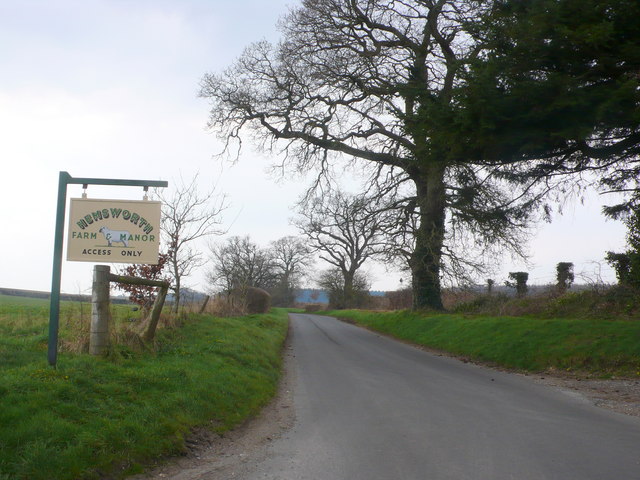With the EU Commission’s Farm to Fork strategy outlining an ambitious target of placing 25% of the EU’s land into organic production by 2030 in the next 10 years, AgriLand tuned into a webinar as part of the UK’s Cereals Event featuring a successful organic farm in the UK.
Sophie Alexander of Hemsworth Farms outlined some of the advantages and the struggles of organic farming.
“The lower variable costs are particularly beneficial,” Sophie noted.
However, just like conventional tillage farmers grain price causes regular conversations among organic farmers.
“The organic market does have its quirks,” Sophie explained.
“There isn’t really a future market so there is a lack of liquidity and it is tied to the conventional market. It’s a face for the valuation of organic cereals.
“Our managing director at Organic Arable calls it a latent market because it tends to respond with a slight delay to the conventional feed price.”
Sophie added that corrections are made to the price or premiums are added for organic products according to the supply and demand of organic cereals.
Imports
Very importantly Sophie described how organic farmers still have to deal with the importation of cheaper imports, as is the case for conventional farmers.
“Like many sectors we also have to compete with cheaper imports, but a good solution to mitigating the effects of the highs and lows, the worst volatility in the market, is to agree contracts and grow what our customers want.”
Research improving
Sophie noted that there had been limited funding for crops that are suited to low-input systems, but she added that this is beginning “to get traction” by some research outlets.
“Spelt has become a favourable grain that we sell quite a lot of through Organic Arable.
Customers want to eat different things. They want to experiment.
“Legumes and pulses are becoming more and more in demand and at Hemsworth this year we’ve just started to grow some quinoa for the first time.”
Growing market
“Organic is a growing market,” Sophie commented.
“In this time of really big challenges for the farming industry it comforts me to be part of the organic sector and its specialist crops.
Organic production can deliver public goods and remain simultaneously profitable.
“My mantra is diversity, biodiversity, diversity in all things, particularly in farm enterprise diversity. All those equal resilience,” she added.
